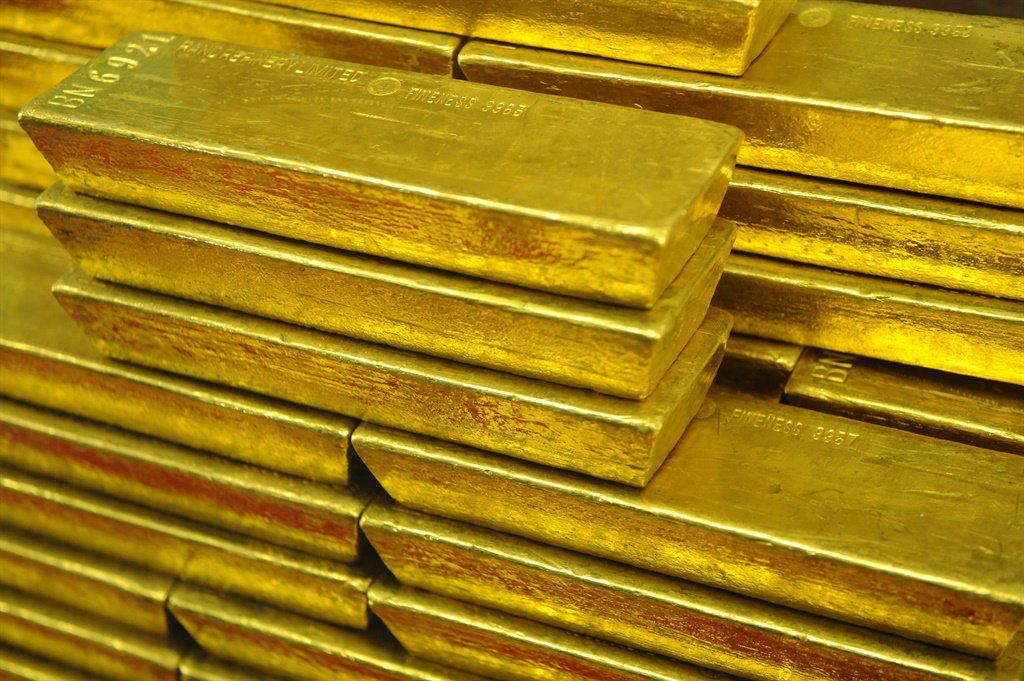Business
How Gold Still Shines on South Africa’s Psyche, Even Without the Crown

Once the world’s gold powerhouse, South Africa may have lost its top spot, but the golden glow still casts a long shadow across the country’s currency, markets, and mindset.
The metal that made Joburg still matters
When gold prices creep toward record-breaking levels, it’s not just investors in New York or Zurich who pay attention. In South Africa, where the discovery of gold in the late 1800s shaped cities, fortunes, and political history, that rising ticker taps into something deeper: memory, legacy, and a subtle national pride.
On Tuesday, gold hovered around $3,340 an ounce. Though just shy of its April high of $3,500, this surge is sending indirect ripples through South Africa. Chief economist Dr. Azar Jammine from Econometrix described it as a kind of psychological buoy for the rand, mining stocks, and the economy’s perception.
Gold may be out of sight, but not out of mind
It’s been nearly two decades since China dethroned South Africa as the world’s top gold producer. Today, South Africa doesn’t even crack the top ten. But ask any local, and they’ll tell you Johannesburg — Egoli, the City of Gold — still proudly bears its name. Streets lined with mine dumps, and a theme park built around a working mine shaft at Gold Reef City, are everyday reminders of a once-mighty era.
The psychological connection to gold remains, especially when prices rise.
“Even if the physical impact is limited, there’s a perception that South Africa stands to gain — and that alone boosts the rand and mining stocks,” said Jammine.
Currently, the rand sits around R17.70 to the dollar, but economists like Old Mutual’s Johann Els believe a stronger performance could emerge, especially if gold continues to trend upwards.
A legacy literally forged in gold
Gold’s discovery in the Witwatersrand Basin wasn’t just a mining story — it was the foundation for modern South Africa. Towns like Barberton, Pilgrim’s Rest, and eventually Johannesburg rose from the dust. Families moved for jobs, global investors poured in, and new infrastructure reshaped the landscape. The Minerals Council of South Africa says the basin still holds the world’s largest gold resource, even if most mines now operate on thin margins.
Tourists still pan for gold in Pilgrim’s Rest, and generations of miners recall a century of sacrifice beneath the surface. But the mines have gotten deeper and more expensive to run. As yields dropped and costs climbed, many operations shut down or scaled back dramatically in the 2000s.
Gold’s modern role: Not production, but perception
Today, gold’s biggest gift to South Africa may not be what’s pulled from the ground but what people think is. The perception that the country is still a major player benefits the economy in subtle ways. Rising gold prices make mining shares more attractive, which lifts local markets. A stronger rand, supported by international sentiment, helps reduce import costs and fight inflation.
It’s a soft power dynamic one that doesn’t show up in production charts but does in sentiment-driven economics.
A crisis tested the glow
The global 2008 financial crisis hit mining hard. Gold prices plunged, and South Africa’s gold sector, already on shaky ground, never fully recovered. The Minerals Council said the industry was deeply affected and still bears those scars. Many mines closed or consolidated. Others faced tough labour conditions and environmental scrutiny.
Still, the idea of South Africa as a gold-rich nation has endured. That resilience, cultural, psychological, even nostalgic, is part of the country’s economic story.
Social media sentiment: Gold fever, still alive
Online, many South Africans speak of gold with a mix of pride and sadness. “We built this country on gold,” one Twitter user wrote, “even if we don’t own the mines anymore.” Others track gold prices like a national sport. When gold flirts with new highs, there’s renewed chatter about whether the government should do more to revitalise the sector or even re-nationalise certain assets.
Gold’s real worth lies beyond price
In a time of economic stress and political turbulence, gold offers comfort not just as a financial hedge, but as a familiar story. South Africa’s golden age may be behind it in terms of production, but its glow remains in the national psyche.
As Jammine puts it, gold may no longer drive the economy, but it still helps hold its head up.
{Source: IOL}
Follow Joburg ETC on Facebook, Twitter , TikTok and Instagram
For more News in Johannesburg, visit joburgetc.com


























